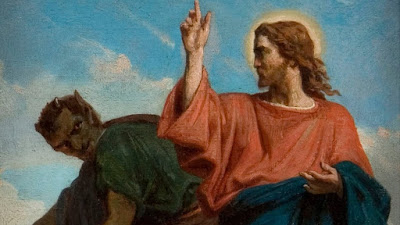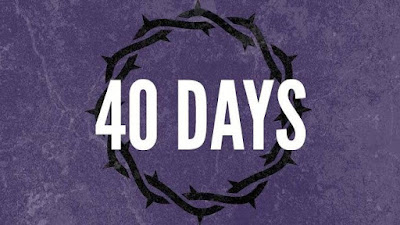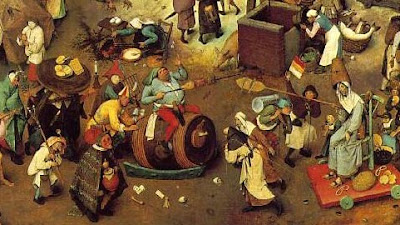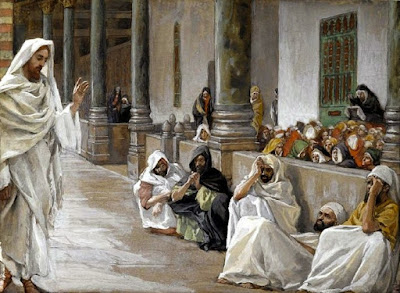Ash Wednesday | 2022
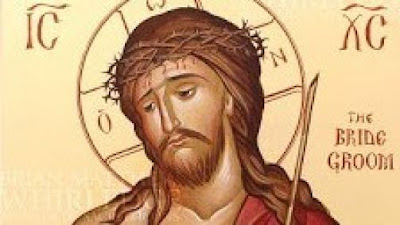
March 2, 2022 "Remember that thou art dust, and to dust thou shalt return." On Ash Wednesday, Catholics receive ashes in the shape of a cross traced on the forehead. The rite evokes Saint Paul’s words in 1 Corinthians: "For since by man came death, by man came also the resurrection of the dead. As in Adam all die, even so in Christ shall all be made alive." (1 Corinthians 15: 21 - 22) Adam’s sin condemned man to sin and death. But the instrument of our salvation, the cross, reminds us that in Christ, man is redeemed, and the gates of heaven are opened. The original injunction conferring ashes: "Remember, O man, that dust thou art, and to dust thou shalt return," contrasts with the words of the Nicene Creed concerning the Incarnation: "For us men and for our salvation, he [Jesus] came down from heaven: by the power of the Holy Spirit he was born of the Virgin Mary and became man." In becoming man, Christ assumed our iniquities: offering

